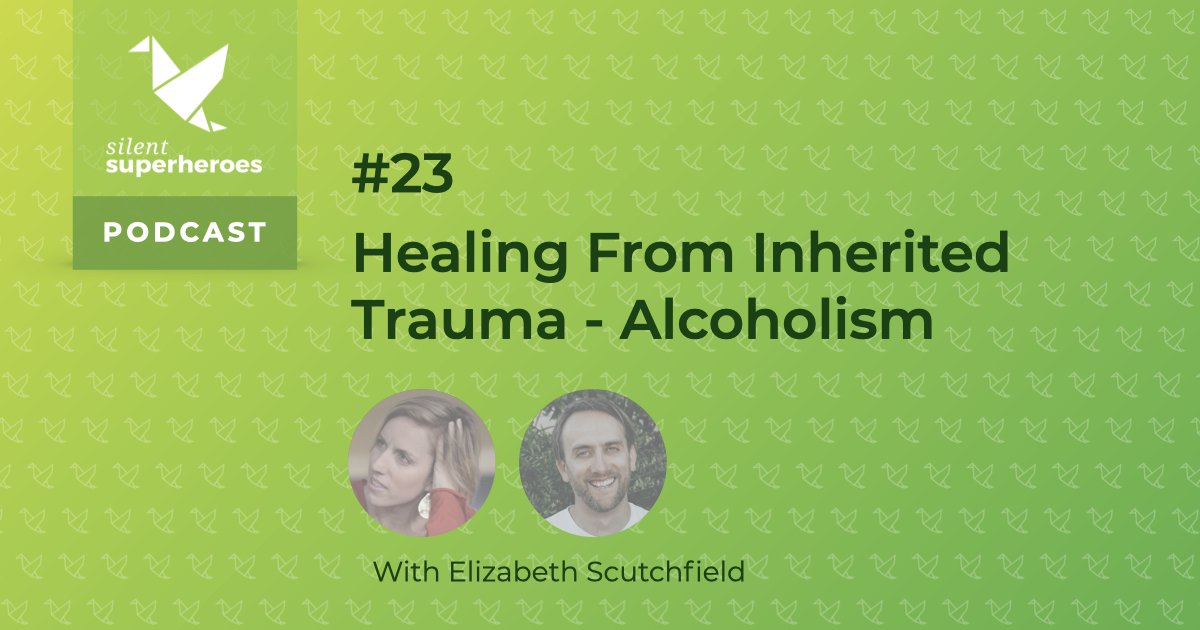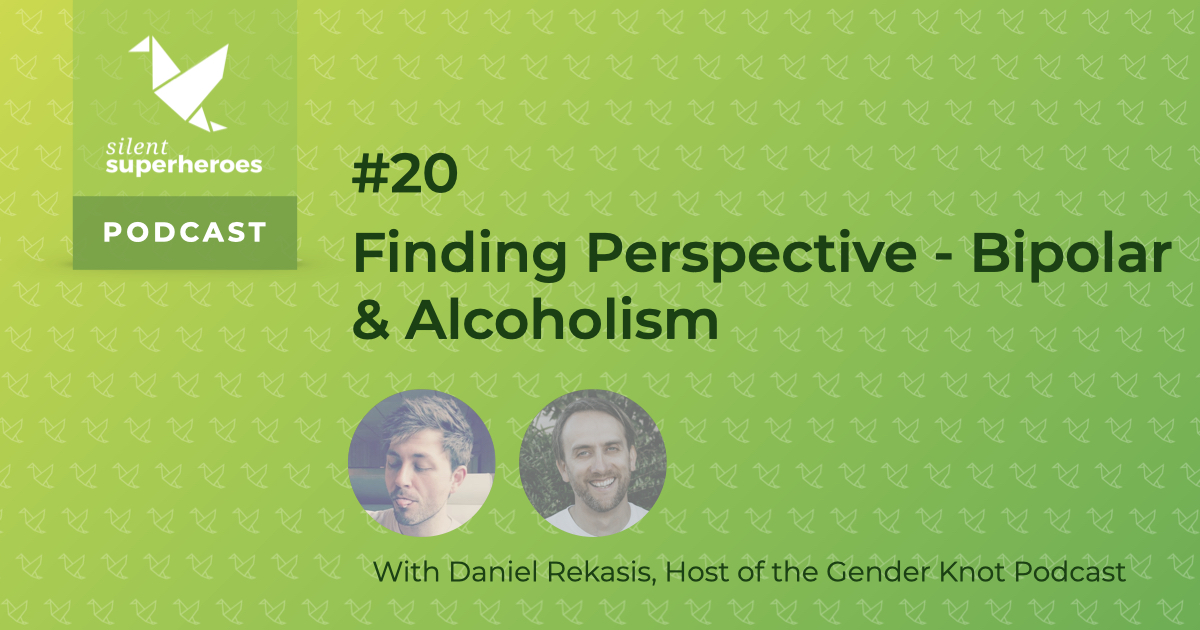Stephen is the Founder and Managing Partner of “What If Ventures”. He is also the host of the Stigma podcast. Stephen has left a trail of destruction in his life due to undiagnosed bipolar 1. Three country clubs threw him out for being disruptive. He paid gambling debts by cashing in pensions and was unfaithful to his wife. With his life spiraling out of control, suicide looked like the only option. He booked a Vegas hotel room, partied hard meaning to end it all. The next day he woke up to find his wife and father looking over him. He had a choice, find a new way to live or risk following through next time. Stephen now has a recovery program that helps him live being bipolar 1 and his addictions.
Podcast: Play in new window | Download (Duration: 51:02 — 28.8MB)
In this episode, we discuss the role of religion and 12 Step programs in Stephen’s recovery. Stephen shares the colorful characters he had to meet to be willing to start the recovery process. We discuss the representation of bipolar in the media, specifically the character Ben from season 3 of Ozark. And finally, Stephen explains why he started the “What If Ventures” investment fund and how being completely candid has had unexpected outcomes.
Remote Medical International are sponsoring this episode of Silent Superheroes. Remote Medical International® helps clients manage and improve the health and well-being of their global workforce. By creating an ecosystem of medical screenings, on-site medical staff, and injury management, we improve the quality of on-site medical care while reducing costs.
Links
About Bipolar
Bipolar disorder is a mental health condition that causes big mood swings. For example, emotional highs called mania or hypomania, and lows called depression. On the other hand, bipolar disorder used to be called manic depression.
When depressed, bipolar patients may feel sad or hopeless and lose interest in most activities. Then, when the mood shifts to mania, patients may feel happy, full of energy or unusually irritable. These mood swings can affect sleep, energy, activity, judgment, behavior and the ability to think clearly.
Episodes of mood swings may occur rarely or multiple times a year. While most patients will experience some emotional symptoms between episodes, some may not experience any. Although bipolar disorder is a lifelong condition, patients manage mood swings and other symptoms by following a treatment plan. In most cases, bipolar disorder is treated with medications and counseling. Causes of being bipolar 1 aren’t clear, so your doctor cannot typical answer the question “Why am I bipolar?”.
Getting Support
Remember, the people you hear on Silent Superheroes are sharing their own views about mental health and mental illness. They are not giving advice. For that reason, please consult with your care provider before making a change to your treatment plan.
It’s important to take your mental health seriously. Consequently, if you need to speak to someone you can call 1-800-273-8255, or text crisistextline.org on 741741. Both provide 24×7 confidential counseling to people in the United States. Worldwide visit http://iasp.info/resources/Crisis_Centres/
Because you listened to the podcast, you can help others find it by leaving us a review on iTunes. Or if you don’t use iTunes, leave a review on your favorite podcasting service.




